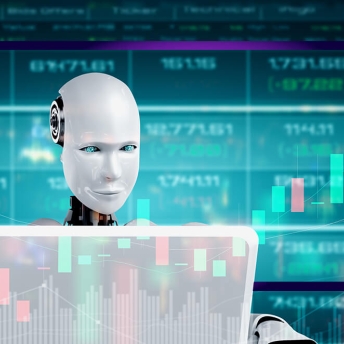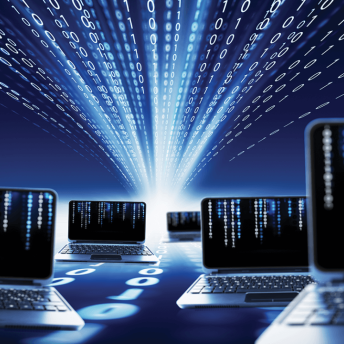Michael Majster
Partner
Michael helps businesses pivot to the digital world by aligning processes, technologies, and people with new operating models.

Areas of Focus
Education
Past Experience

Michael is a Partner based in Brussels, with 20 years of experience advising CIOs and CDOs on making strategic changes and achieving tangible business results.
Michael has been serving clients on topics including digital strategies and operating models, IT efficiency and value creation, as well as achieving business scale and agility.
Michael has worked for several industries, helping traditional businesses as well as digital natives, create tangible results through technology.
Michael’s experience, supported by an educational background of Civil Engineering from ULB combined with an MBA from Vlerick Business School, enable unbiased, actionable and sustainable results-driven advisory.
Prior to joining Arthur D. Little, Michael worked for Accenture, focusing primarily on clients in the utilities, chemicals, as well as oil & gas industries, across France, Belgium, Luxembourg, and the Netherlands.
Michael is married to Emilie, and together they have two daughters who are Michael’s main pride and joy

Software revolution

Corporatizing the speedboat

HARNESSING EXTERNAL DATA SHARING TO UNLOCK TRANSFORMATIVE COLLABORATION

ORGANIZATIONAL TRANSFORMATION WITH AMM

Digital & sustainability: The new convergence

How data sharing is essential to deliver industry-wide transformation

Michael is a Partner based in Brussels, with 20 years of experience advising CIOs and CDOs on making strategic changes and achieving tangible business results.
Michael has been serving clients on topics including digital strategies and operating models, IT efficiency and value creation, as well as achieving business scale and agility.
Michael has worked for several industries, helping traditional businesses as well as digital natives, create tangible results through technology.
Michael’s experience, supported by an educational background of Civil Engineering from ULB combined with an MBA from Vlerick Business School, enable unbiased, actionable and sustainable results-driven advisory.
Prior to joining Arthur D. Little, Michael worked for Accenture, focusing primarily on clients in the utilities, chemicals, as well as oil & gas industries, across France, Belgium, Luxembourg, and the Netherlands.
Michael is married to Emilie, and together they have two daughters who are Michael’s main pride and joy

Software revolution

Corporatizing the speedboat

HARNESSING EXTERNAL DATA SHARING TO UNLOCK TRANSFORMATIVE COLLABORATION

ORGANIZATIONAL TRANSFORMATION WITH AMM

Digital & sustainability: The new convergence

How data sharing is essential to deliver industry-wide transformation
More About Michael
- Université Libre de BruxellesMaster in Engineering Sciences
- Vlerick Management SchoolMaster of Business Administration
- AccentureManaging Director